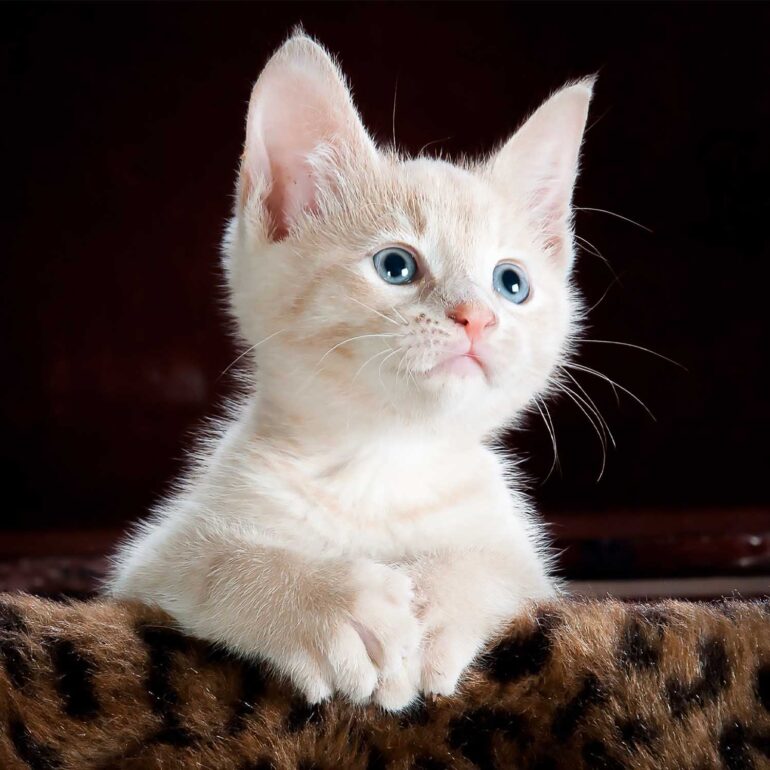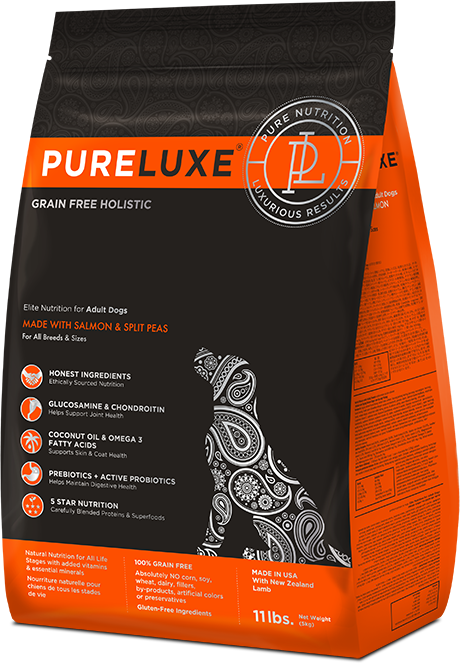Our feline companions aren't one-size-fits-all when it comes to diet. J
Our feline companions aren’t one-size-fits-all when it comes to diet. Just like humans, their nutritional needs shift throughout their lives. Understanding these changes ensures your kitty thrives at every stage:
Kitten Capers (0-12 months): Imagine tiny furballs fueled by boundless energy! Kittens require high-protein, high-calorie food for rapid growth and development. Look for kitten-specific formulas rich in animal sources like chicken or fish, offering DHA for brain and eye health. Frequent small meals help meet their constant demand for fuel.
Adult Adventures (1-7 years): Playful yet independent, adult cats need balanced nutrition to maintain energy and muscle mass. Choose adult cat food with moderate protein and fat levels, still prioritizing animal sources. Consider activity level: energetic explorers might benefit from slightly higher calorie options.
Senior Serenity (7+ years): As feline friends gracefully age, their metabolism slows, and they become less active. Senior cat food should have lower calories and fat to prevent weight gain, while maintaining high-quality protein for muscle health. Fiber can aid digestion, and certain nutrients can support cognitive function and joint health.
Special Situations: Pregnant or nursing queens need significantly more calories and nutrients to support their growing kittens. Opt for kitten food or specialized “queen” formulas. Similarly, cats with health conditions require tailored diets based on their specific needs. Always consult your veterinarian for personalized recommendations.
Beyond Food: Fresh water is vital at all ages. Monitor portion sizes to avoid overfeeding, and encourage regular exercise for all life stages. Remember, even with the perfect diet, regular veterinary checkups are crucial for your cat’s overall health and well-being.
With a little understanding of their changing needs, you can provide your feline friend with the purrfect nutrition for a happy and healthy life.




















